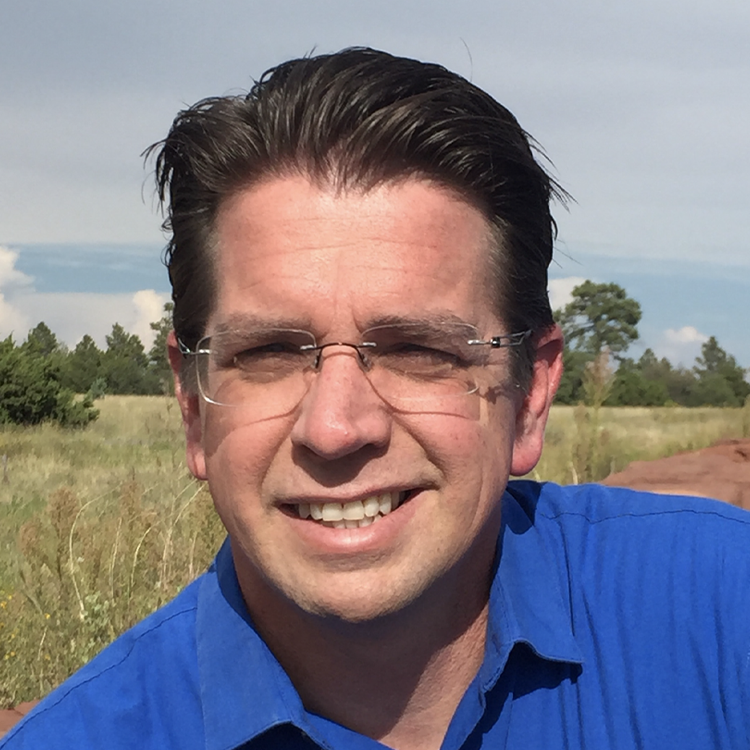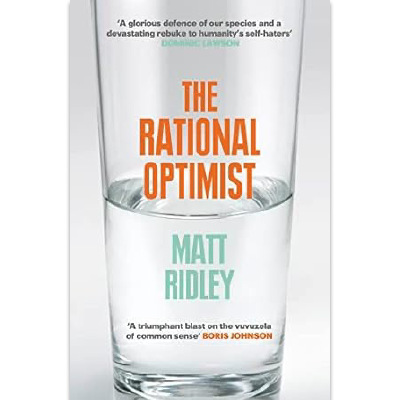Fellows Spotlight

Dave Engelthaler, Ph.D.
(Flagstaff, 2022)
Director, Professor
TGen North
“What Flinn-Brown does is bring the tools and knowledge to give people a better perspective of this state, the municipalities and how it all works, so that they can really go forth and make a difference. It’s not good enough to just have the willingness to do something. You also have to have that knowledge base on how and where you can step in and make a difference.” — Dave Engelthaler, Ph.D.
Dave Engelthaler, Ph.D. is a professor and director of TGen North, home of TGen’s Pathogen & Microbiome Division, and was recently named the 2023 Flagstaff Citizen of the Year.
The 2022 Flinn-Brown Fellow previously served as the Arizona State Epidemiologist and the Arizona Biodefense Coordinator and has used his vast knowledge in microbial genomics to research diseases such as COVID-19, tuberculosis, MRSA, and valley fever.
After securing a job in the 1980s with the Forest Service, Engelthaler was “having a ball” chasing elk and eagles when he came to the realization that he wanted to have a bigger impact. In 1993, an opportunity to do just that came forward. There was a Hantavirus outbreak and young Navajo people were dying. The virus was new to the Western Hemisphere and all that was known was that it was highly infectious and being spread by field mice.
The State Health Department needed field biologists to head into the field and trap and test the mice. He took the job and began conducting habitat assessments trying to find out where this virus was and who was at risk.
After that, he was hooked. “I realized you could really use science to make a difference in people’s lives. And that’s what I’ve been doing ever since.”
After being intertwined with government entities for so long, Engelthaler understood that the Flinn-Brown Fellowship turns out “better and more informed politicians” while simultaneously providing enrichment for citizens through leadership development.
Genuine human interaction is a crucial part of entities working together—nonprofit organizations and government groups alike. While some may call programs created to help with these human connections “professional development,” Engelthaler found much more through the Flinn-Brown Fellowship.
“It’s really expanded out to people who are seen as statewide or community leaders and helped them develop a better understanding of the world around them,” Engelthaler said. “And then individual parts of the program can step in and help those people potentially make a bigger impact.”
When asked about his favorite memory from his time with Flinn-Brown, Engelthaler didn’t want to choose just one. Debates with people you don’t fully agree with may be uncomfortable, but more than that, they’re valuable, he said.
“I still cherish those discussions. It made us closer as individuals, to be able to respect other people even when they’re coming from, or maybe especially when they’re coming from, completely different perspectives,” Engelthaler said.
One of Engelthaler’s biggest points of professional pride is the way TGen was able to react to COVID-19 before it was considered a pandemic by launching a statewide testing network.
“It was really motivating and gratifying for everybody at TGen and TGen North to be part of the response, to be able to do something,” he said. “We worked all over the state and focused on rural communities, tribal communities and bringing this capability and technology to places that wouldn’t normally have access to it.”
Dozens of professional accomplishments aside, Engelthaler says his biggest pride is his three children who he couldn’t be prouder of “for learning their way in this world.”
Book Recommendation

by Matt Ridley
This book was hugely transformational to me. I love Ridley’s other works, as he is a great science and economics communicator, but this one brought together so many concepts into one cohesive and rational explanation for the success of the human species. In this book he captures the evolution of economies over the 200,000-year history of humans, especially from the perspective of how trade has shaped human thinking and success. When we trade (ie, engage in commerce) we not only have a fair exchange of goods and services, we also exchange ideas and culture, which has allowed for unplanned and unparalleled innovation, leading to continual ever-inclusive prosperity. While many are feeling pessimistic about the current state of the world, it’s hard to look at the facts and not be rationally optimistic.
View all Flinn-Brown Fellow profiles here.